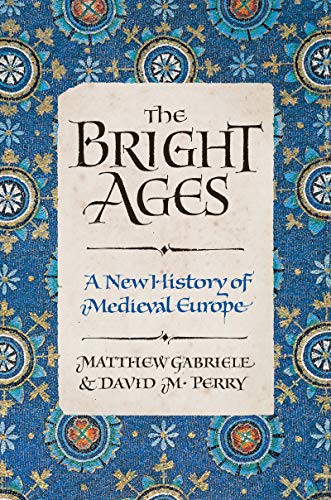2018 School Spending Survey Report
The Bright Ages: A New History of Medieval Europe
COPY ISBN
VERDICT This accessible trip through the medieval world is well worth taking for anyone wishing to better understand its complexity.
RELATED
ALREADY A SUBSCRIBER? LOG IN
We are currently offering this content for free. Sign up now to activate your personal profile, where you can save articles for future viewing




Comment Policy:
Comment should not be empty !!!